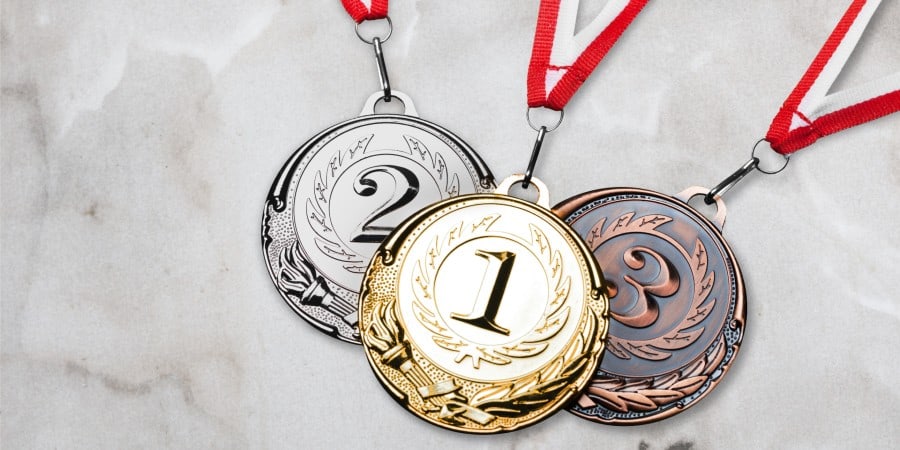
When track and field star Allyson Felix began bringing home Olympic gold at the ripe old age of 18, she caught the eye of one of the most visible brands on the planet – Nike. The company moved swiftly to sign her to a lucrative contract.
After the Tokyo Olympics, Felix is now the most decorated track and field Olympian in history. But her story is one that almost didn’t happen because she had a baby. After winning multiple medals (two golds and one silver) at the 2016 Games in Rio de Janeiro, Felix and her husband, Kenneth Ferguson, knew they wanted to start their family. For most track and field athletes, having a baby is a career-ender. However, Felix would not accept that fulfilling her dream of having a child meant her running career was over. After having a Caesarian section to give birth to a baby girl, Camryn, Felix decided to go right back into training with her eye on qualifying for the 2020 Olympics.
Her sweet contract with Nike became bitter when the $32 billion athletic giant heard Felix announce she was pregnant. Nike was willing to continue Felix’s contract but only if she agreed to a pay cut as high as 70%. Nike justified the lower amount saying she would never be ready for the Tokyo Olympics just 10 short months after giving birth. She went public with her Nike experience and testified before Congress to explain that female athletes’ market value should not be restricted by results attained while pregnant or during a post-partum period. Felix then left Nike to work with rival Athleta. Nike backtracked and changed its contractual provisions related to childbirth but it was too late to bring Felix back under the famous swoosh.
Tokyo: Better, Faster than Ever
Given her remarkable results in Tokyo, Nike and the world were shocked into admitting that Felix is even faster after giving birth. Felix ran faster in the recent games at age 35, after having a baby, than she did in the same event in 2016 when she was five years younger. By the end the games, Felix had 11 medals to her credit – seven golds, three silvers and a bronze. These shining medallions will go into her trophy case with her medals from her previous wins in four consecutive Olympic appearances. Her performance at the Tokyo games solidified her status as a world track and field legend.
There was another win for Felix at the Tokyo games. When Felix mounted the podium to accept her medals, she was wearing Saysh Ones – the first shoes from a company that creates “lifestyle sneakers” designed by and for women. Saysh was founded and is owned by Felix herself.
She explained the new venture in an online post, “I used my voice and built this company for you. So that you never have to train at 4:30 am while you’re five months pregnant to hide your pregnancy from your sponsor. The world doesn’t need more shoes, but the world does need to see women wholly and meet them right where they are.”
Hats off to Felix, who created her own “second chance” despite naysayers and the skepticism of a powerful sponsor. Sometimes the second chance you seek only requires your own belief and determination.













